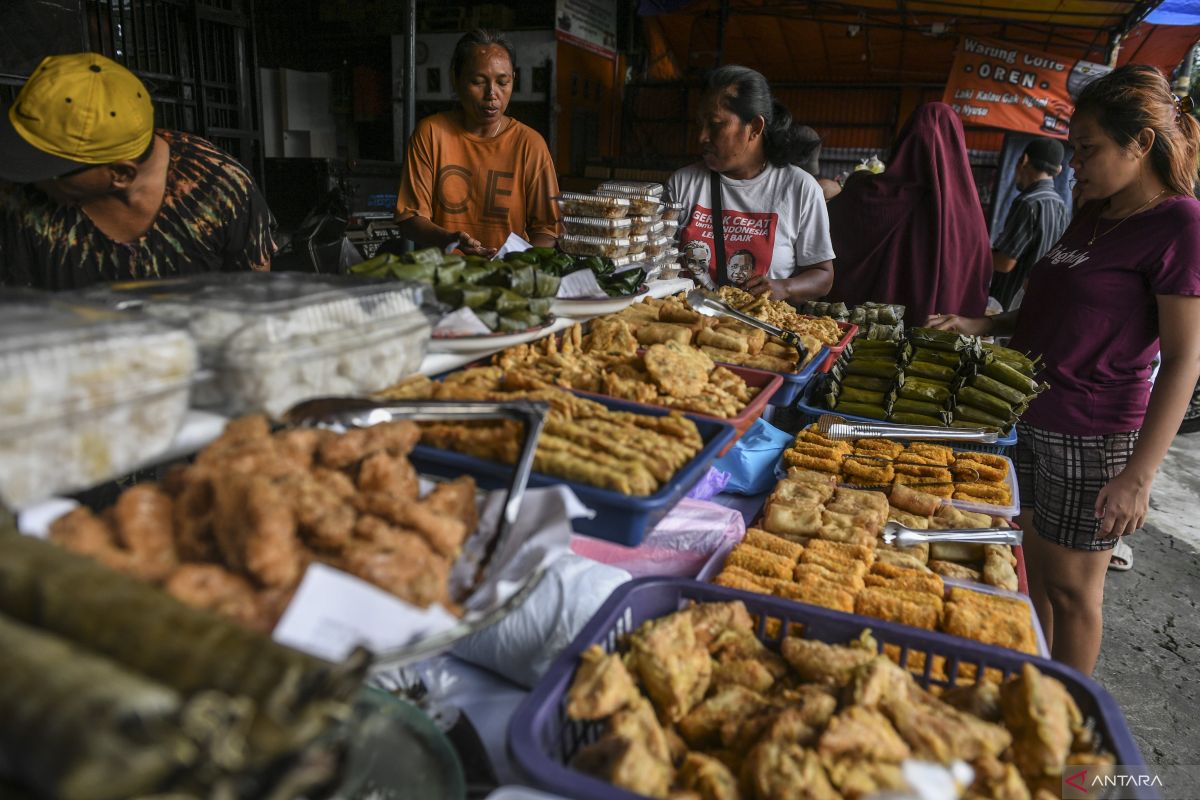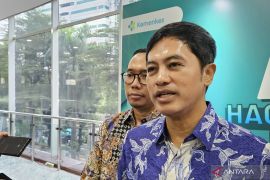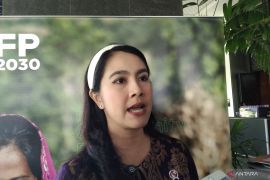This was conveyed by the ministry's director of non-communicable disease prevention and control, Siti Nadia Tarmizi, here on Tuesday.
Industrially produced PHOs are considered to be the main source of trans fatty acids (TFA), which can be harmful to human health, she said.
According to the World Health Organization (WHO), a high intake of trans fatty acids is associated with an increased risk of heart attacks and death from coronary heart disease. The WHO recommends trans fat levels in food of less than 2 grams per 100 grams of total fat.
It has encouraged Indonesia to create a policy related to the elimination of industrially produced trans fats with two options.
First, limiting trans fat levels to 2 percent of the total fat content in all foods. Second, banning PHOs, including the production, import, sale, and use of PHOs in all foods.
In response to the WHO recommendations, the government will gradually issue policies related to trans fats elimination, she informed. What is certain, she said, is that the imports of PHOs must be banned first.
According to Tarmizi, the biggest challenge in controlling trans fats lies in micro, small, and medium enterprises (MSMEs) that produce food products.
Therefore, cooperation between ministries and agencies is needed to create regulations for controlling trans fat, which ensure that the MSMEs do not weaken.
On the same occasion, director of processed food standardization of the Food and Drug Supervisory Agency (BPOM), Dwiana Andayani, said that her agency fully supports the ban on the production, use, sale, and import of PHOs for all types of foods.
She affirmed that BPOM also has several related regulations, such as provisions for including nutritional information on processed food packaging.
However, she admitted that these regulations are still minimal. To this end, the BPOM is working with the WHO and receiving a lot of input from the organization.
"Limitations of the fatty acid content in the policies related to trans fats will be reviewed," she said.
Earlier, the WHO, in May 2024, issued the results of a study on dietary sources of trans fatty acids in Indonesia's food supply, with 130 food products tested.
The WHO noted that almost 10 percent of surveyed products or around 11 foods contain trans fat levels exceeding the recommendations.
Related news: World Food Safety Day: Indonesia's agency urges focus on food hygiene
Related news: Ministry plans to emulate Singapore in regulating sweetened drinks
Translator: Rizka Khaerunnisa, Raka Adji
Editor: Aditya Eko Sigit Wicaksono
Copyright © ANTARA 2024











